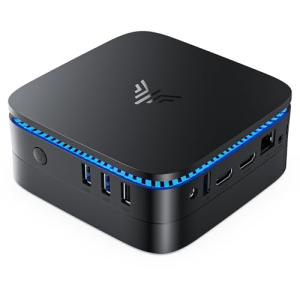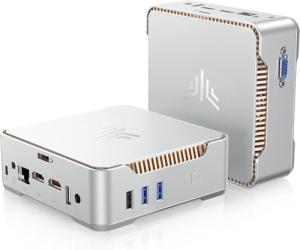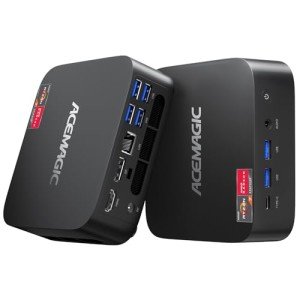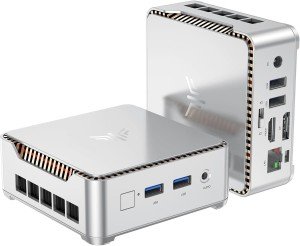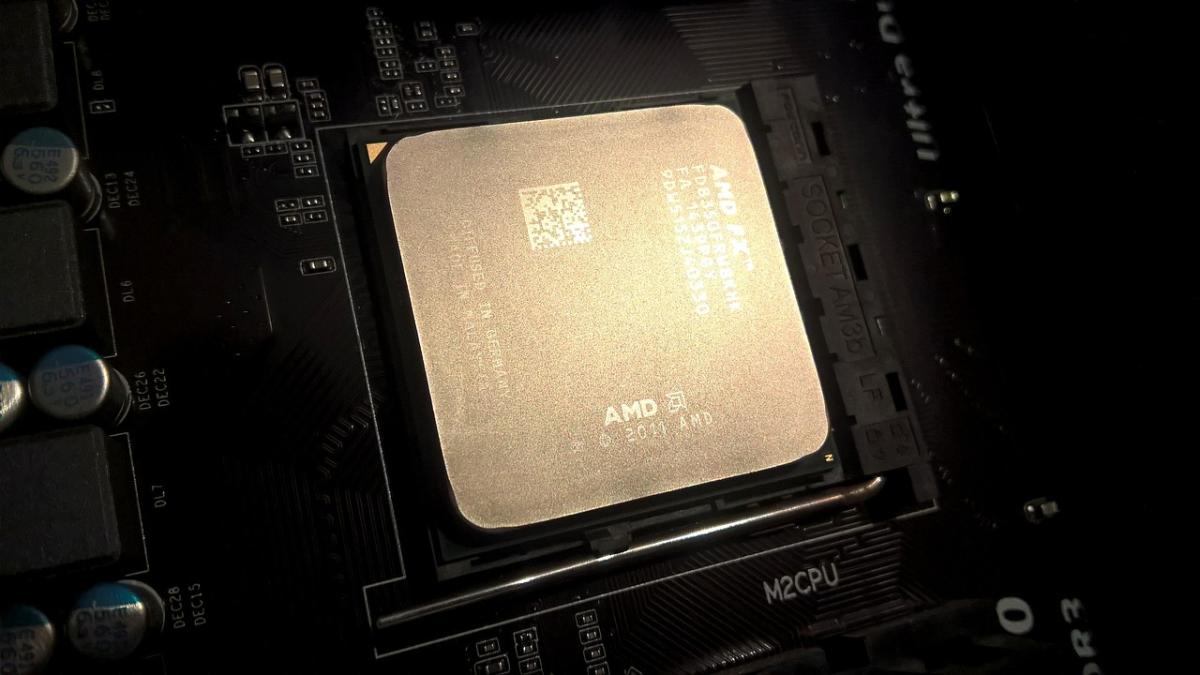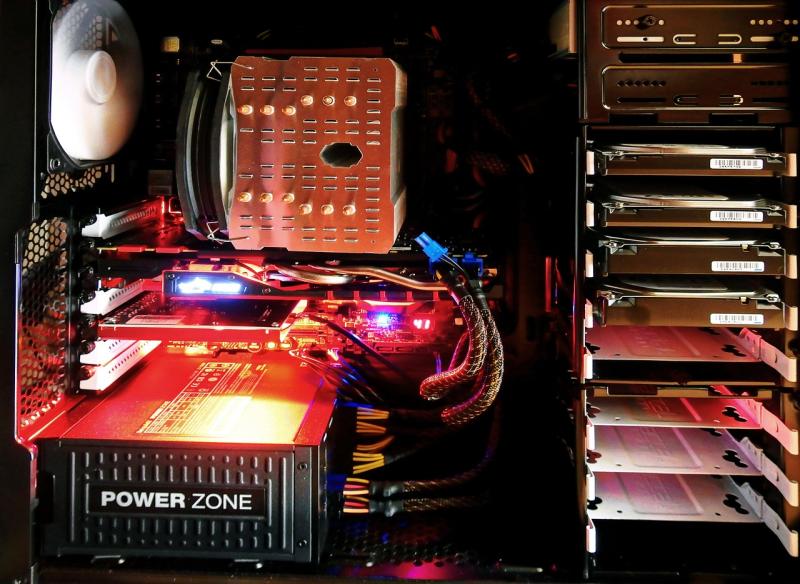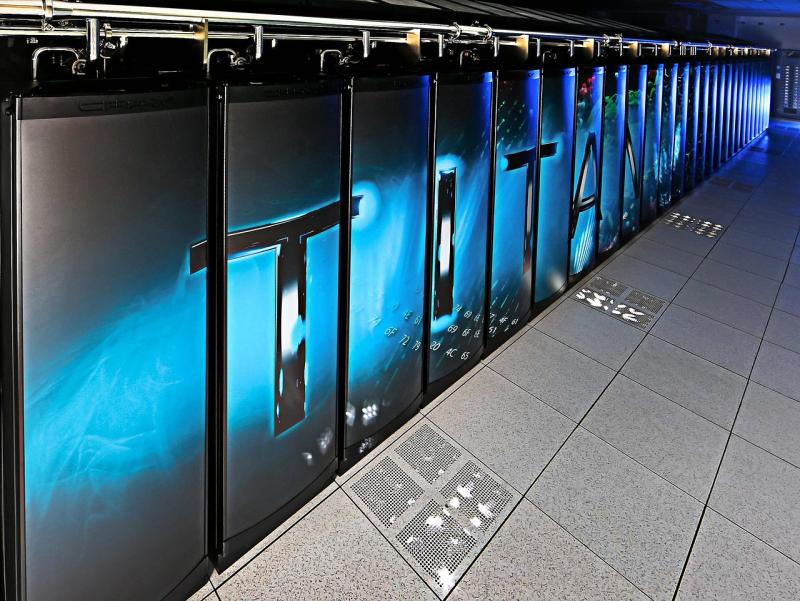**Introduction**
ARM‑based PCs are emerging as a viable alternative to traditional x86 systems. With companies like Apple pioneering the transition into ARM with their M1 and M2 chips, the potential for lower power consumption, enhanced energy efficiency, and remarkable performance is becoming evident. This article dives into the evolution of ARM‑based processors in desktop computing, outlining their advantages and the impact on portability, battery life, and thermal performance.
**Technological Innovations**
- **Efficient Chip Architecture:**
ARM‑based processors use a highly power‑efficient design that enables longer battery life and lower heat generation while offering impressive multi‑core performance.
- **Integrated System‑on‑Chip (SoC) Designs:**
Integration of various components such as graphics, memory controllers, and connectivity into a single chip reduces latency and power draw.
- **Enhanced AI and Neural Engines:**
Modern ARM systems incorporate dedicated AI processing units that accelerate machine learning tasks, resulting in real‑time responsiveness and efficient performance.
- **Seamless Software Integration:**
Optimized operating systems and applications for ARM improve system responsiveness and ensure compatibility with a growing ecosystem of apps tailored for energy‑efficient computing.
**Applications and Benefits**
- **Portability:**
ARM‑based PCs offer quieter, cooler, and more portable computing solutions ideal for daily productivity and on‑the‑go usage.
- **Energy‑Savings:**
Lower power consumption translates directly into reduced electricity costs and improved battery life in portable devices.
- **Enhanced Performance for Mobile and Desktop:**
With robust integration and efficient chip designs, ARM systems offer performance that rivals traditional desktop CPUs for everyday applications and multimedia tasks.
- **Future‑Ready Ecosystem:**
The shift to ARM opens new avenues for cross‑platform integration and innovative hardware design, attracting developers and consumers alike.
**Future Directions**
Future advancements in ARM‑based computing may see further improvements in chip density, AI integration, and even greater energy‑efficiency. As the software ecosystem matures, more applications will be optimized for ARM, expanding its use in both consumer and enterprise environments.
**Keywords:** ARM‑based PCs, M1, M2, energy‑efficient computing, SoC, mobile performance, AI‑optimized, portable desktop, low‑power design
The Future of ARM‑Based PCs
Efficiency, Portability, and Power
Related Articles
Essential High-Performance PC Components You Need Now
Upgrade your setup with the must-have parts for unbeatable gaming and productivity
Top Picks for Best High-Performance PCs
Find the perfect power machine for gaming, work, or creative projects
Your Guide to the Best High-Performance PCs
Find the Right PC for Your Gaming and Creative Needs
View our related products
See more